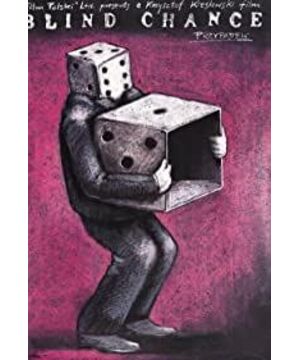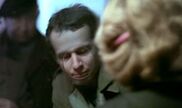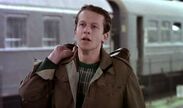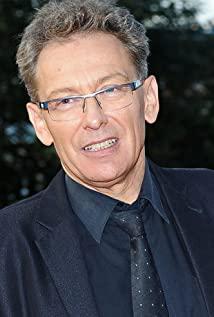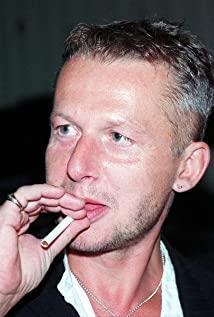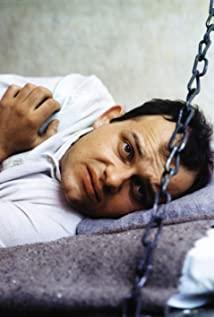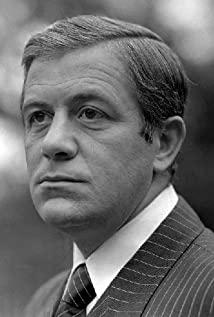The theme of the movie is deeper than that of "Lola Run". In the engraving of chance and fate, the confrontation between desire and belief, and the mutual debate between truth and falsehood, Kie's unique pessimistic and staring-like ruthless perspective.
Recently, I was reading "The Doctrine of the Mean". In "The Doctrine of the Mean", it talks about all Taos, and all Taos are unified, and that one is sincerity. My father's dying words were "honesty". Following his father's last words, Whittaker follows three distinct paths in his quest for "honesty", all ending with the same ending - loss, death, both physical and spiritual. All things are on the way back, and God has its "conservation of quality" in what time and space. If there is really a number to count your life, I think there must be a prime number on various paths. So is chance still reliable, and is it necessary in the disparity caused by miss and experience? Just as Witek chose to enter the Congress and the resistance organization in his pursuit of his "honesty", he had no political stance, in the so-called pursuit, there are so many "various forms", this kind of mixed mood The accidental occurrence is actually more important than an ending and a comprehension. All things are sparse and return, the charm of the path. In fact, Keith, he is not simply a pessimist, he is an optimist.
Keith's series of shots have a unique visual impact that cannot be described in words. When accompanied by the pulse of music, Witke is running, and the camera is capturing the surrounding bits. In this art of reading and writing, I'm dizzy. When to use music, when you need special emphasis, the emphasis of each music, let us focus more on the core of the film under the audio-visual.
The beauty of a special angle, in photography, not only to create rhythm-like differences, but also to focus on expressing specific content, using a lens that better expresses its content. In the opening chapter, Witke took his first love girlfriend on the high steps of the road, the elevation angle The lens, the dangers of the environment people are in, the ambiguous relationship between the characters, and the main theme are all covered in this high-angle wide-angle lens.
Keith is an interesting person in his life. Those "peculiar" shots, such as the coil springs afraid of stairs, such as two squires throwing a ball quickly, such as Witke playing with the rubber band in his hand, these small sentiments, with Keith's ideal life, its tragic color, its shyness...
This is a movie that seems to be about politics, but is actually about human nature. When I watch it, I always think about "1984".
Keith has been reflecting on why people live, and what is it that leads people to live? I am also thinking.
View more about Blind Chance reviews


